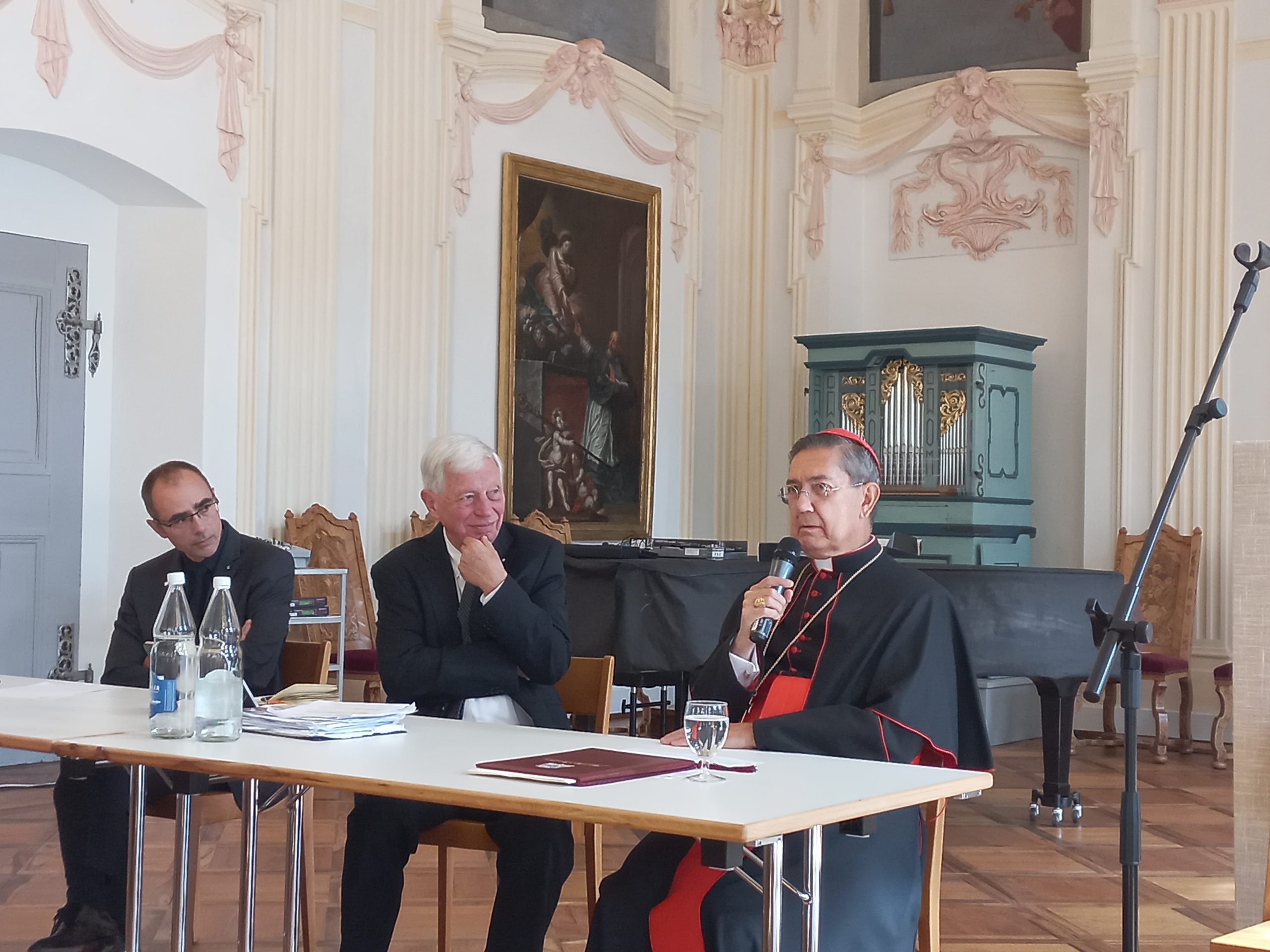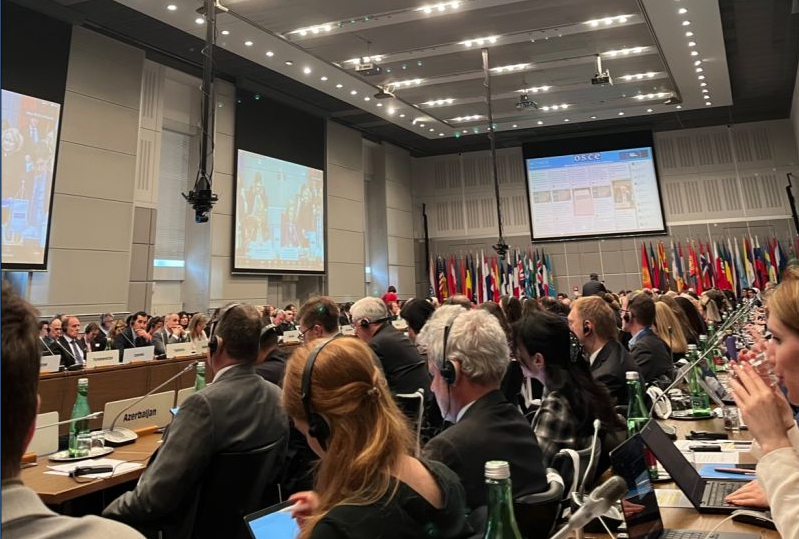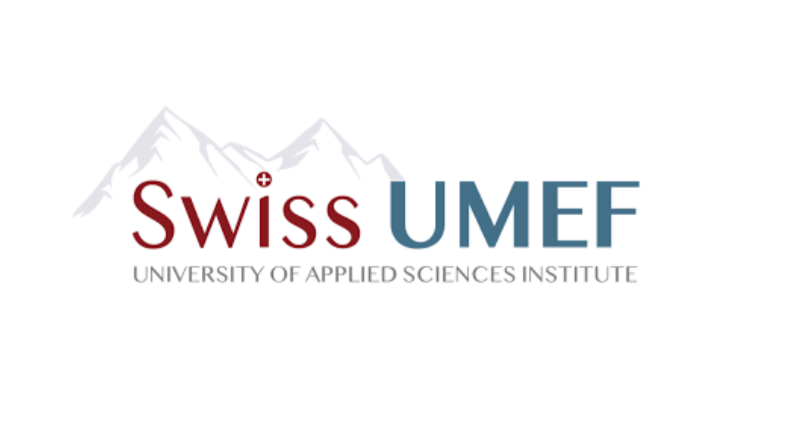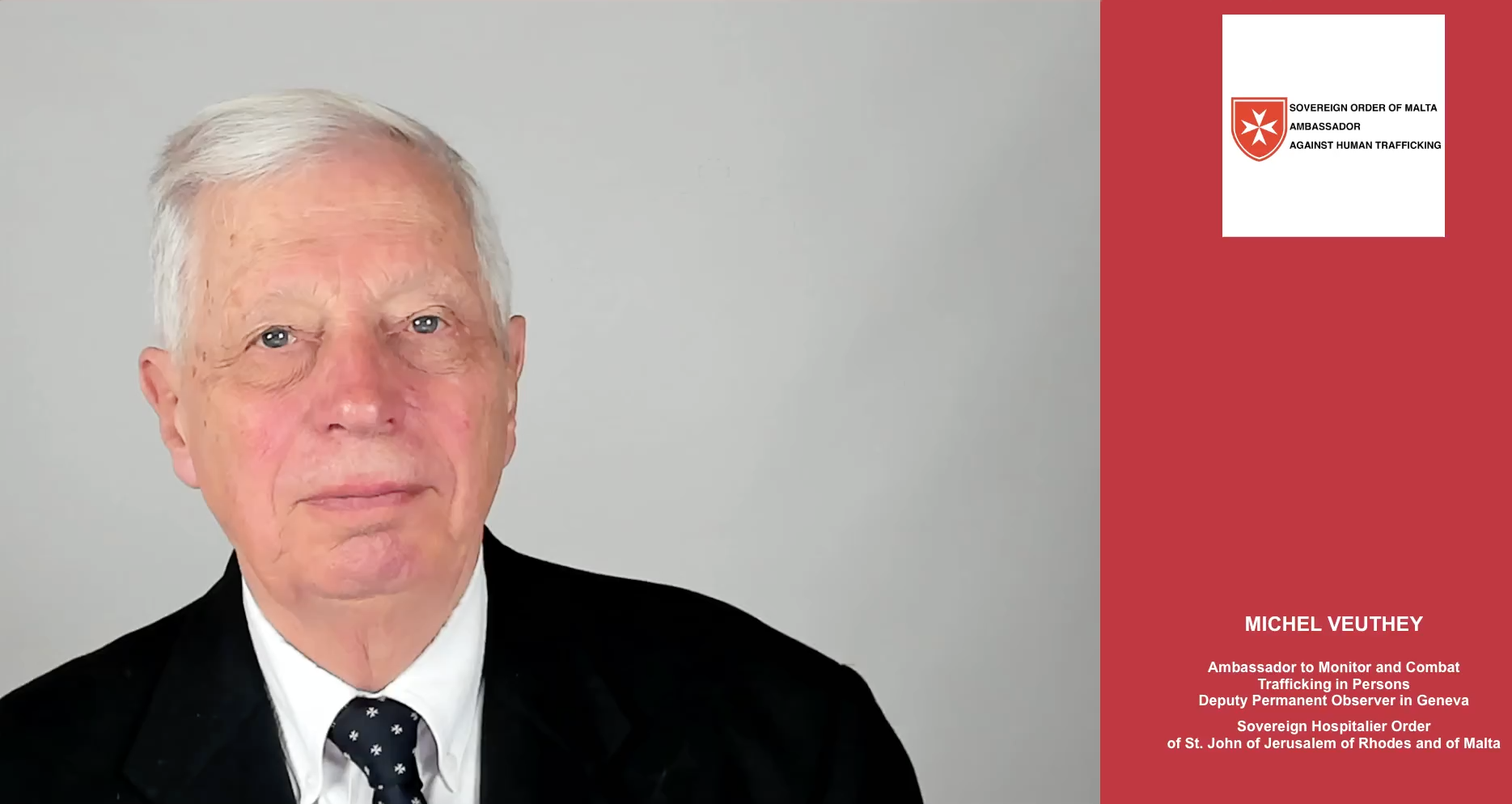Please access the subtitles by clicking on “CC” in the Vimeo menu, available in the following languages: English, French, German, Italian, Russian, Spanish, Simplified Chinese. You can also access and download the full text of Brian Iselin’s intervention in English and French by clicking to the links below.
Encyclical Fratelli Tutti.
Intervention of Michel Veuthey in Einsiedeln on September 25, 2021
This Encyclical Fratelli Tutti can shock!
It can shock because it is complex, it is long, it can seem too generous… It may seem one-sided, idealistic, utopian…
And then, it must be said, “Fratelli Tutti” reassures, it reassures because, for example, in paragraph 40, Pope Francis asks the following question: “How can Europe, helped by its great cultural and religious heritage, find a just balance between the double moral duty of protecting the rights of its own citizens and that of guaranteeing assistance and welcome to migrants?” Here we see a solid element, based on two pillars: the pillar of respect for the inhabitants of our own countries and the pillar of respect for the people who come to immigrate to us.
And that’s not all! So, the next two paragraphs; paragraph 50:, “How to take the time for dialogue, able to patiently gather the long experience of individuals and peoples?” I think what the previous speaker, Pascal Lüthi, just said is also very interesting. We must take the time for dialogue and it is only through this dialogue that we will succeed in understanding who the other is and in accepting him, and also in making him accept our own identity.
In addition, there are other paragraphs that seemed very concrete to me: on education, on international law, on human rights, and also on refugee law, international humanitarian law. It’s good, it’s perfect. I am delighted. And let’s also mention programs, programs that I think are also interesting for us and that I think our German friends have put into practice: private and community sponsorship programs (paragraph 130). And as you know, even in Switzerland, we have had twinning programs between villages and cities in Geneva, but also in Switzerland. And in fact, these sponsorships have been very useful with Romanian villages and cities. And I think that we must continue in these directions which are given by this Encyclical. This Encyclical is indeed often much more concrete than we think. That is to say that there are many general statements. But also, a lot of concreteness. And thirdly, what are the challenges? I would say that the challenges are first of all a call to openness. Openness of vision, of heart and of body. First of all, openness of vision. As His Eminence said this morning, to realize the needs of humanity, because too often, our gaze is very close to us and does not carry the opening of the heart very far.
Opening our heart to mobilize our will and the need to act as disciples of Christ. And the opening of the body corresponds to the putting into action: phrases and words to act, to pay attention and action to migrants. Migrants are part of our history and of our actuality. Migrants are a problem of our time. It is certainly not the only problem: migrants are the symptom of major imbalances in our societies and in our humanity.
Two days ago, in Rome, from September 20 to 22, a seminar “Migrants and Pilgrims, Our Ancestors” organized by Cardinal Silvano Tomasi on migrants was held, and a professor at the University of Notre Dame, in the USA, said: Migration is just one problem among others, and it is the symptom of major structural problems. Migrants, if we count those who are displaced within their own country, are one billion people, that is to say one person in seven.
And what are the problems we should realize: there are 19% of the world’s population living on less than a dollar a day, 48% on less than 2 dollars 75% on less than 10 dollars, 95% on less than 50 dollars a day. The one percent of the world has as much as the 57 percent of the world and the three richest people in the world have as much as the 48 poorest countries. So, when you look at these numbers, you see that there are imbalances.
And you also have to look at the demographic studies, so you know that Nigeria, in a few decades, will be more populated than China. And I don’t need to draw you a picture that Nigeria is very close to Switzerland.
So that’s good. But all this to tell you that we absolutely must attack the root causes and why I am taking the liberty of giving you an example that is not in the Encyclical. It is the example of a village that is exposed to avalanches. If you are exposed to avalanches, you can build a wall. And then, very quickly, you realize that this wall will not be of much use because there will be stronger avalanches that can pass over the wall and even destroy the village. The only way to really defend against the avalanche is to plant trees in the mountain. If you reverse the image and you see Africa, for example, and you see the wall as the Mediterranean, you realize that it is only when we manage to stabilize economically and politically these African countries, which are victims, that we will really be able to face migration. Thus, I think that as Catholics, we must effectively re-found international cooperation on the basis of the Social Doctrine of the Catholic Church. And here again, our dear Pope Francis goes beyond the Social Doctrine of the Catholic Church because he says he wants to do it also on fundamental values shared by religions. This is really very important and I think that what he is proposing is a mobilization of the public conscience and not only of governments, but also of international organizations. He also talks about a concrete approach. So, I think that what we have to find, find in recent documents that came from the Magisterium in Rome and that are, for example, “Laudato si'” and obviously, what you already mentioned, “Laudato si'” also deserves to be reread. And there are also the “Pastoral Guidelines on Human Trafficking”, with proposals that are extremely concrete, extremely practical, that go even to the level of the parishes. Here too, I think we must try to commit ourselves to the integration of “Fratelli Tutti” in our personal lives, in our communities, and obviously also in the Order of Malta.
And then what to do? How to say it? I think that you can also use European examples to conclude. I will conclude with three examples. The first example is the Marshall Plan, which allowed the victorious powers, and in particular the United States, to reconcile with countries that they had severely fought and destroyed. I would also say with much material damage and human loss. Second example: the Coal and Steel Community (ECSC). As you know, three committed Catholics, Alcide De Gasperi, Konrad Adenauer and Robert Schuman, decided to pool the resources of their countries to avoid a future war between Germany, France and Italy. I think that this example of the “Coal and Steel Community” deserves to be imitated on a regional or even a global level. And, finally, there is another institution in which the Holy See has participated a lot. It is the OSCE (Organization for Security and Cooperation in Europe) which came out of the Helsinki Conference (1973-1994). There, once again, we saw a negotiation that was held in Europe and that went beyond Europe, since there were also the United States and Canada, and which obviously included Russia and those who were the socialist states at the time, but which nevertheless brought about a stabilization of the borders, a stabilization of the policy. And then, finally, and bring a democratization of the Eastern countries. So I think that on these three examples, I would like to let you say a few more words. There is a principle that we know well in Switzerland, but which, unfortunately, is not always well known elsewhere, and that is, in addition to solidarity, the principle of subsidiarity. Subsidiarity means that we should consult the people we want to help. Let us consult these communities of origin of migrations and let us help them in a solidarity and let us do it truly in the sense of a fraternity.
One last word, in addition to the Holy Father, we could also have mentioned Martin Luther King who said: “We must learn to live together as brothers or perish together as fools.” I hope we choose the first option.
Thank you.




